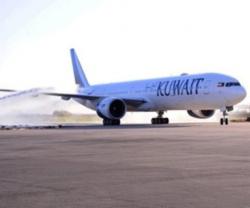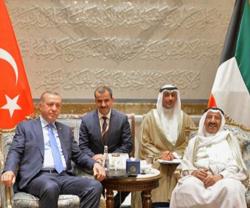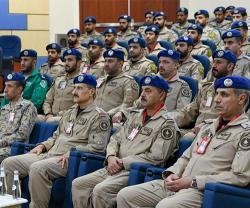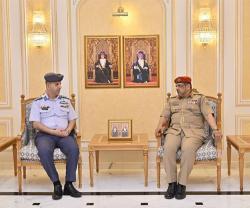The ultra-radical Islamic State group claimed responsibility for a suicide bombing on Friday on a Shi'ite mosque in Kuwait City which killed 27 worshippers, the worst attack of its kind in the major oil-exporting state.
Kuwaiti authorities have detained 60 people in connection with the bombing and closed a charity for alleged militant ties in raising funds for Syrians, local newspapers said on Tuesday.
“We are in a state of war. It's a war that had been decided with this cell. But there are other cells, and we will not wait for them to try their luck with us,” Interior Minister Sheikh Mohammad Al-Khaled Al-Sabah (photo) told Parliament.
The Kuwaiti newspaper Al Qabas reported on Tuesday that five people arrested for suspected involvement in the attack had been referred to the public prosecutor. The five, it said, had confessed to receiving financial transfers from abroad to carry out attacks targeting houses of worship.
The cell had considered two other possible targets before deciding on the Imam Sadiq Mosque, Al-Sabah said.
Kuwait has stepped up security after the bomber, a Saudi citizen named Fahd Suliman Abdul-Muhsen Al Qabaa, flew in from the kingdom hours before detonating himself.
Kuwaiti officials said the attack was aimed at stirring up sectarian strife in the majority Sunni Muslim state.
Relations have traditionally been good between the 70 per cent of Kuwait's 1.4 million citizens who are Sunni and the Shi'ites who comprise 30 per cent, but regional rivalry between Sunni Saudi Arabia and Shi'ite Iran has opened some fissures.
The bombing has sharply heightened regional security concerns because Islamic State appeared to be making good on its threat to step up attacks in the holy fasting month of Ramadan.
On the same day as the mosque bombing, an Islamist gunman killed 39 people, mostly British tourists, in Tunisia.
Since the suicide bombing, plainclothes officers have carried out arrest raids on the homes of five people for possession of illegal weapons, the state news agency KUNA said. Al Qabas quoted security sources as saying that 60 people, including Kuwaiti citizens and nationals of other Gulf States, in all were being held for investigation.
Source: Reuters; Photo: AFP/Getty Images






















